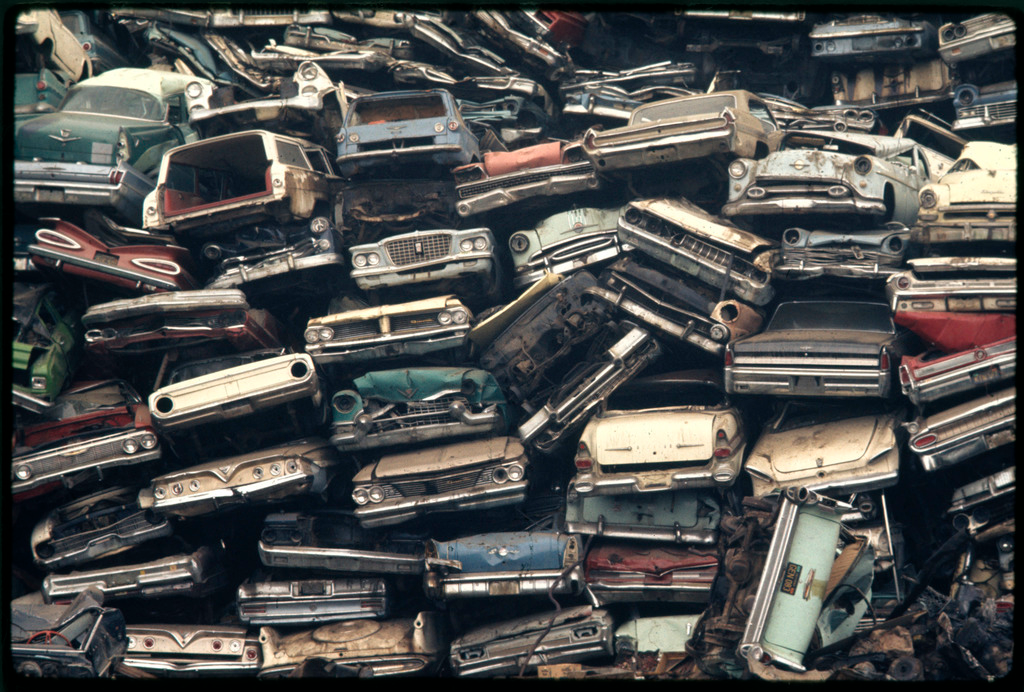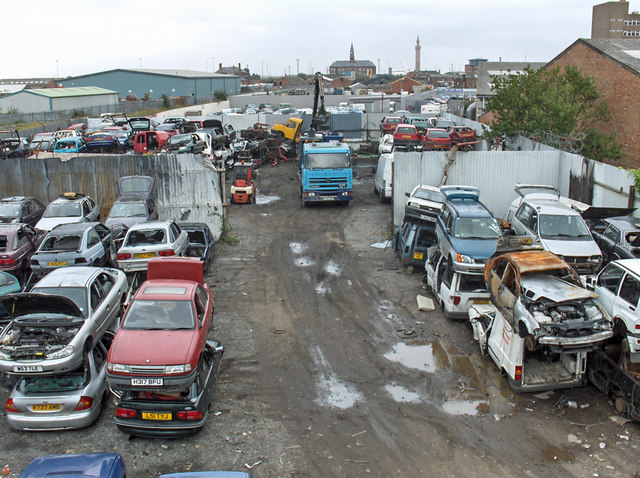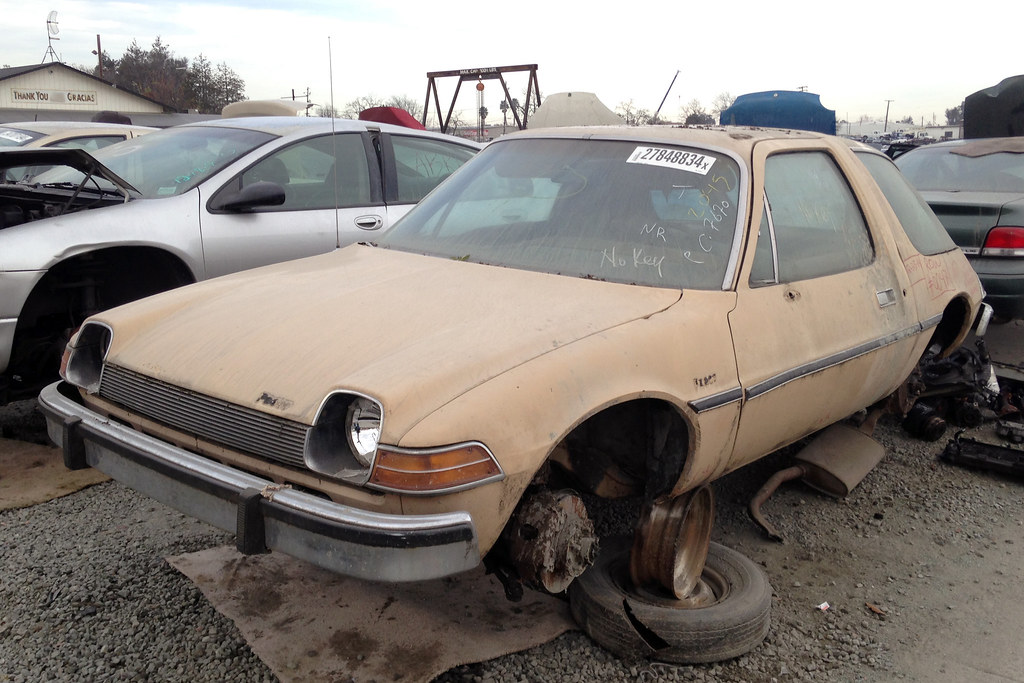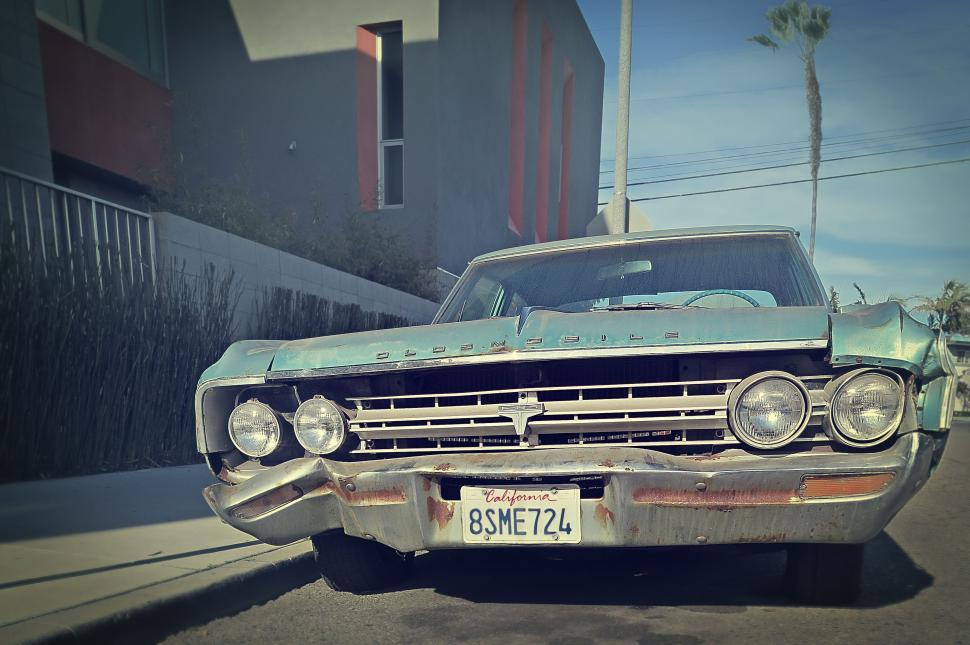Have you ever looked at your neighbor’s yard and wondered, “how many junk cars can you have on your property?” You’re not alone! Many people share the same concern, especially when it comes to maintaining property value and keeping the neighborhood safe and visually appealing. This blog post will provide a legal perspective on the issue, exploring the impact of junk cars on your property, local ordinances, and proper management of these vehicles.
From defining what constitutes a junk car to understanding the regulations surrounding their storage and disposal, we’ll dive into the complex world of junk vehicle management. So, whether you’re a car enthusiast or a concerned neighbor, get ready to learn how to navigate the rules and regulations of how many junk cars can you have on your property.
Key Takeaways
- Junk cars are typically defined as 5+ years old, significantly damaged, immobile or only able to be sold as scrap and may be subject to local regulations.
- The presence of junk cars on a property can lead to decreased property values, damage the local ecology and have negative impacts on aesthetics & safety.
- Understanding legal limits & ordinances is essential for avoiding fines/legal challenges. Proper storage/disposal must also be considered when dealing with neighbor complaints & conflict.
Defining Junk Cars

What exactly is a junk car? Generally, a junk vehicle is considered to be one that is over 5 years old, significantly damaged, immobile, or only able to be sold as scrap. In most cases, a vehicle must meet at least three of the following four criteria: it’s missing wheels, extensively damaged, apparently inoperable, or has been parked on public or private property for an extended period.
While there’s no outright prohibition on keeping junk cars on your property, local regulations may limit the number of vehicles allowed. Cities, towns, and counties possess the authority to adopt ordinances that establish procedures for the abatement and removal of junk vehicles or vehicle parts from private property.
The Impact of Junk Cars on Your Property

Many people don’t realise the negative effects of having a junk car on their property. It can cause a range of issues, such as decreased property values and damage to local ecology. The presence of these vehicles can negatively affect property values, aesthetics, and safety. We will further explore these effects and offer insights on mitigating them in the upcoming segments.
Lowering Property Values
It’s well-known that the presence of junk cars can cause property values to plummet. This situation can create a domino effect, affecting the value of not only your home but also that of your neighbors’. Studies have confirmed that abandoned vehicles and junk cars on a property can contribute to the devaluation of the property.
Some types of junk cars can have a more pronounced effect on property values than others. For instance, an abundance of cars or junk cars on your property can notably accelerate this depreciation.
Aesthetic Issues
The presence of too many junk cars, especially those missing wheels, in a neighborhood can have a detrimental effect on its aesthetic appeal. Rusting car edges on an abandoned car, as well as as many cars, can mar the aesthetic appeal of a property, often suggesting neglect or disarray.
A junk car can be perceived as an eyesore, thus creating a visual intrusion in the environment, especially if multiple junk cars are stored in the same place. Such a sight can not only contribute to property devaluation and be an unsightly nuisance but also compromise the character and safety of neighborhoods.
Safety Hazards
Junk cars are not just an eyesore; they can also pose serious safety hazards. Potential safety hazards associated with junk cars include sharp edges, fluid leaks, and fire risks. These vehicles may present a danger to one’s home or that of one’s neighbors, especially if they contain combustible oils.
Moreover, the peeling paint and leaking fluids from junk cars can have a detrimental effect on people and the environment. Recognizing these hazards and implementing measures to curb the risks associated with junk cars on your property is crucial.
Legal Limits and Local Ordinances

Legal limits on the number of junk cars allowed on a property vary by state and local ordinances, with some areas imposing strict regulations. Not relocating a junk car from one’s property may result in civil penalties, depending on local laws. You should acquaint yourself with the specific rules and regulations in your area regarding junk cars to steer clear of possible legal challenges.
Unfortunately, there is no one-size-fits-all answer to the number of junk cars permissible on a property, as it varies by location. You should thoroughly study the laws in your city or town and follow their guidelines for compliance.
Adherence to local laws and knowledge of the legal limits can help you sidestep fines and potential legal complications, while maintaining a safe and visually appealing property.
Reasons for Keeping Junk Cars
People have various reasons to keep junk cars on their property. Some like it for nostalgic values, others might view them as a piece of memorabilia or even potential renovation projects. Some individuals retain junk cars for sentimental reasons, such as the car being their first car or having significant memories attached to it. Others may see potential profit in selling parts or scrap metal from their junk cars. Financial constraints may also play a role, with some individuals unable to afford towing services necessary to remove a junk car from their property.
Irrespective of your reasons for retaining junk cars, understanding their potential negative impacts on your property and the surrounding neighborhood is crucial. Proactive steps and a clear understanding of these issues can help minimize these impacts and foster a harmonious relationship with your neighbors.
Proper Storage and Disposal of Junk Cars
Storing and disposing of junk cars properly is imperative to limit their negative impacts on both your property and the environment. We will further discuss methods to store junk cars in enclosed structures and to recycle or sell their parts to lessen their environmental footprint in the ensuing segments.
Enclosed Structures
Storing junk cars in enclosed structures can help prevent aesthetic issues and potential legal complications. Some suitable types of enclosed structures for storing junk cars include:
- Ventilated buildings
- Box trailers
- Storage sheds
- Metal sheds with sealed concrete floors
Storing your junk cars securely out of sight from your neighbors is crucial, as this can both foster a positive relationship with them and ensure compliance with local regulations.
In addition to avoiding legal problems, storing junk cars in enclosed structures offers several advantages, such as:
- Preserving property values
- Maintaining a neat appearance
- Reducing safety risks
- Preventing potential health concerns related to pests
Many people wonder how many junk cars they can store on their property. Proper storage of your junk cars can help reduce their negative impact on your property and the neighboring areas.
Recycling and Selling Parts
Recycling and selling parts from junk cars can be a responsible and profitable way to dispose of them. The process of recycling parts from junk cars involves several steps, including removing valuable parts such as engines, transmissions, doors, and hoods, draining fluids, and separating metal from plastic and glass components. This approach aims to maximize the reuse and recycling of materials from the junk car.
To sell parts from your junk car, you can:
- Visit local salvage yards that deal with scrap cars
- Check Craigslist
- Explore eBay
- Sell the car for scrap at junkyards like Carmula or online scrap buyers
Maintaining a comprehensive list of the price range for each part can help you estimate the full value of parting out the car.
Unregistered Vehicles and Parking Restrictions

Laws regarding unregistered vehicles and parking restrictions vary by state, with some areas limiting the number of unregistered cars allowed on a property. Retaining and operating an unregistered vehicle is prohibited, and it may be impounded by law enforcement.
The permissible limit on the number of unregistered vehicles that can be retained on a property varies by state. Acquainting yourself with your area’s specific rules and regulations regarding unregistered vehicles and parking restrictions is key to ensure compliance and avoid potential legal troubles.
Adherence to local laws and awareness of restrictions on unregistered vehicles can help you maintain a visually appealing property, ensuring safety and averting fines or potential legal issues.
Dealing with Neighbor Complaints and Conflict
Addressing neighbor complaints and conflicts related to junk cars may involve adhering to local laws, maintaining open communication, and finding mutually agreeable solutions. Being polite, honest, and supportive of your neighbor’s cleanup efforts, and offering assistance where possible, is vital.
Cooperating with your neighbors and addressing their concerns can lead to a solution that is beneficial for all parties involved. Maintaining a respectful and healthy relationship with your neighbors is crucial, fostering a harmonious living environment and improving the quality of life in the neighborhood.
Summary
In conclusion, managing junk cars on your property is a complex issue that involves understanding local regulations, addressing the impact on property value, aesthetics, and safety, and finding practical solutions to store or dispose of these vehicles. By familiarizing yourself with your area’s specific rules, maintaining open communication with neighbors, and taking proactive steps to minimize the negative effects of junk cars, you can maintain a harmonious relationship with your neighbors and preserve the value and appeal of your property.
It’s crucial to remember that the proper management of junk cars not only benefits you but also contributes to the overall well-being of your neighborhood and the environment. By taking responsible action, you can make a positive difference and set an example for others to follow.
Frequently Asked Questions
How many unregistered vehicles can you have on your property in NY?
You may legally store one unregistered vehicle, such as a junk or inoperative vehicle, on a residential property in New York provided it is parked in a driveway and not intended for use on public roadways.





 Who We Are
Who We Are Coverage Area
Coverage Area Donate
Donate